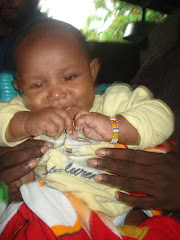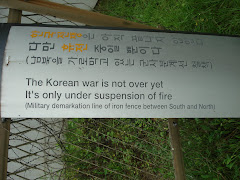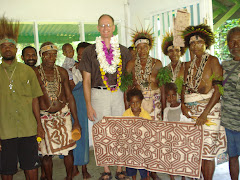This morning we had “the talk” with the Lambeth Chaplains. Over the past few weeks it had become increasingly clear to me that there was basic incomprehension among some of the chaplains about homosexuality. They were not familiar with the tem “gay” nor were they at all clear why the issue was controversial for the Anglican Communion. Richard Carter and Brother Sam did a brilliant job describing both sides of the issue. They particularly took time with the Scriptural arguments used by both sides in the controversy. The follow up questions were: “What do gay people look like?” “What do they do?” “Are they born that way, or do they choose it?” “Can people change and stop being gay?” Finally one asked the crucial question: “What does the Church teach about this?”
We were very careful to simply present the arguments and introduce some of the key vocabulary. We did not want them to think there was an “official” position of the Chaplaincy team; we stressed that we were committed to praying with and for everybody attending the conference and indeed to intercede for Anglicans and people everywhere. The members of the team from the Solomon Islands have been specifically invited to be Chaplains because they worked so effectively with the people of their own country when they were locked in civil conflict. Speaking about this experience, one of the sisters said, “We were free to pray with everybody because we were neutral.”
Is being neutral in this conflict the same as closing the closet door?
Obviously we can’t take sides in the Bishops’ discussions. We have to be open to meeting with everybody for prayer. Nor can we impute evil motives to people with whom we disagree. But I feel it is very important for gay Christians to speak up and be recognized. I was very uncomfortable when the chaplains were talking about “them.” Yet it is a long way to go from “What is gay?” to any kind of sympathetic conversation. Remarkably I did not detect any animosity or rejection. Bewilderment is the best term.
Actually “homosexuality” is not a problem for me, and patience may be the best tactic in service of greater acceptance than confrontation.
My experience in Melanesia is that there will be a time for conversation; today was only the first airing, the questions have only just begun.






No comments:
Post a Comment